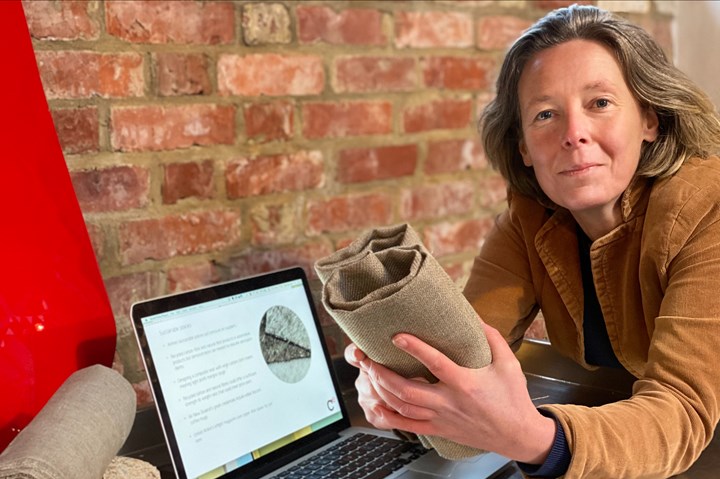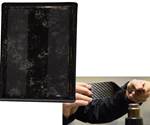Cecence co-founder selected by U.K. as a top female entrepreneur
Samantha Bunyan is one of forty women that will be receiving Government backing to further advance in lightweight sustainable materials and components for aerospace interiors.

Samantha Bunyan, co-founder of Cecence.
Samantha Bunyan, co-founder of Cecence (Salisbury, U.K.) is one of 40 visionary British female entrepreneurs receiving Government backing to drive forward their novel innovations and business ideas, as the U.K. builds back better from the COVID-19 pandemic and progresses its climate change ambitions.
Through the Innovate UK Women in Innovation award, Samantha and her team are taking lightweighting technology and Cecence’s low energy rapid processing know-how a step further by developing next-generation aerospace components using sustainable materials.
“The award will support the delivery of ‘ecocence’ as an independent in-house sustainable brand for Cecence. Innovate UK’s mentoring and outreach program will provide opportunities to engage with a wide range of female innovators and provide a platform to promote an interdisciplinary STEAM approach to innovation and product development,” says Samantha. “ I am proud of the team at Cecence and what we have already achieved in this area, and excited to see how we can make further advances in lightweight sustainable materials and components for aerospace interiors. Being selected as part of this cohort of extraordinary women is a huge honor and I am looking forward to connecting with and supporting one another on our independent and collective journeys over the course of this year.”
The 39 other women that were chosen for this award can be viewed here.
Related Content
-
Corebon induction heating
This sidebar to CW’s August 2024 feature article reviews this technology for more efficient composites manufacturing and why it aligns with Koridion active core molding.
-
Plant tour: Daher Shap’in TechCenter and composites production plant, Saint-Aignan-de-Grandlieu, France
Co-located R&D and production advance OOA thermosets, thermoplastics, welding, recycling and digital technologies for faster processing and certification of lighter, more sustainable composites.
-
Plant tour: Hexagon Purus, Kassel, Germany
Fully automated, Industry 4.0 line for hydrogen pressure vessels advances efficiency and versatility in small footprint for next-gen, sustainable composites production.



